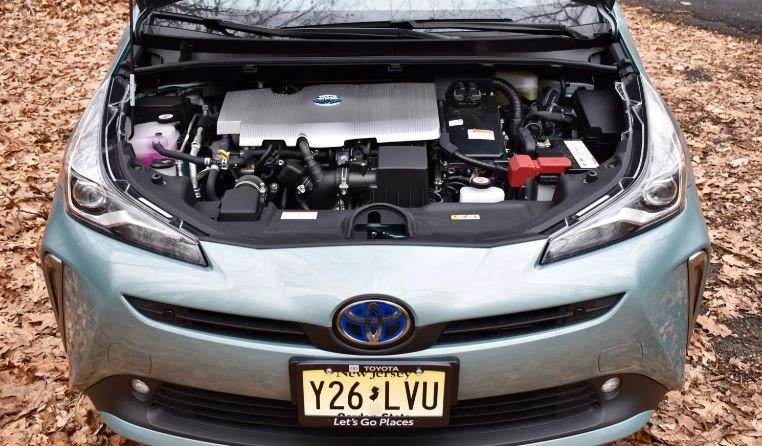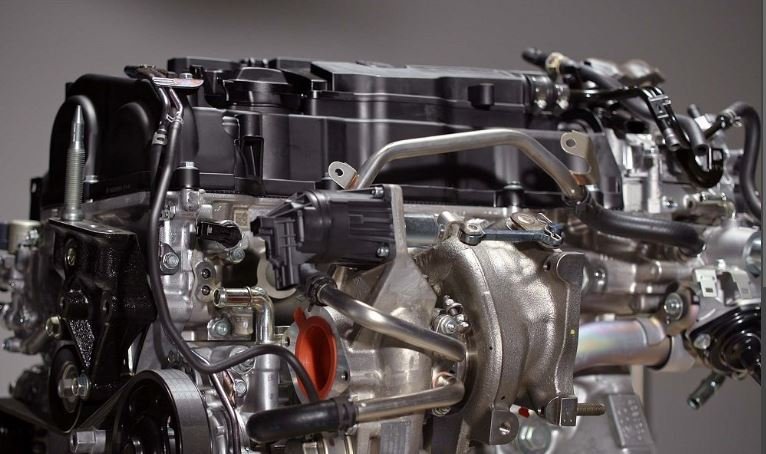Hybrid engines have become increasingly popular as automotive technology advances and environmental concerns grow. These engines combine traditional internal combustion engines with electric motors, offering a balance of power and efficiency. This guide will help you understand how hybrid engines work, their benefits, and what to consider when choosing a hybrid vehicle.

What is a Hybrid Engine?
A hybrid engine integrates an internal combustion engine (ICE) with one or more electric motors. This combination allows the vehicle to switch between or simultaneously use both power sources. Hybrid engines aim to maximize fuel efficiency, reduce emissions, and provide a seamless driving experience by leveraging the strengths of both engine types.
How Hybrid Engines Work
Engines typically operate in several modes, including electric-only, gas-only, and a combination of both. At low speeds, the electric motor often powers the vehicle, reducing fuel consumption and emissions. During acceleration or higher speeds, the internal combustion engine takes over, providing additional power. Regenerative braking captures energy usually lost during braking, storing it in the battery for later use.
Types of Hybrid Engines
There are several types of engines, each with unique characteristics:
- Mild Hybrids: These vehicles use an electric motor to assist the internal combustion engine but cannot operate solely on electric power.
- Full Hybrids: These can run on electric power alone, the internal combustion engine, or a combination of both.
- Plug-in Hybrids (PHEVs): These have larger batteries that can be recharged via an external power source, allowing for extended electric-only driving ranges.
Benefits of Hybrid Engines
Hybrid engines offer numerous benefits. They improve fuel efficiency by utilizing electric power during low-speed driving and idle times. This efficiency results in lower fuel costs and reduced emissions, making hybrids an environmentally friendly choice. Additionally, the combination of electric motors and internal combustion engines provides a smoother and quieter ride, enhancing overall driving comfort.
Fuel Efficiency and Savings
One of the primary advantages of hybrid engines is their fuel efficiency. By combining electric and gas power, hybrids significantly reduce fuel consumption. This efficiency translates to cost savings for the driver, as less fuel is needed over time. Government incentives and tax credits for hybrid vehicles can further enhance these savings, making hybrids a financially attractive option.
Environmental Impact
Hybrid engines contribute to a lower environmental footprint compared to traditional internal combustion engines. By reducing fuel consumption and emissions, hybrids help decrease air pollution and greenhouse gas emissions. The use of regenerative braking and electric-only modes further enhances their eco-friendliness, making hybrids a sustainable choice for environmentally conscious drivers.
Performance and Driving Experience
Hybrid engines deliver a unique driving experience. The electric motor provides instant torque, resulting in quick and smooth acceleration. This immediate power, combined with the traditional engine’s strength, offers a balanced performance suitable for various driving conditions. Additionally, the transition between power sources in modern hybrids is seamless, ensuring a consistent and enjoyable driving experience.
Maintenance and Longevity
Hybrid engines generally require less maintenance than traditional internal combustion engines due to fewer moving parts in the electric motor. Components like brakes also tend to last longer due to regenerative braking systems. However, it’s essential to follow the manufacturer’s maintenance schedule to ensure the hybrid system’s longevity and optimal performance.
Cost Considerations
While hybrid vehicles often have a higher upfront cost than conventional vehicles, the long-term savings on fuel and maintenance can offset this initial investment. Additionally, government incentives and tax credits can help reduce the purchase price. When considering a hybrid, it’s crucial to evaluate both the initial cost and the potential savings over the vehicle’s lifespan.
Future of Hybrid Engines
The future of hybrid engines looks promising as technology continues to evolve. Advancements in battery technology, increased electric motor efficiency, and more comprehensive charging infrastructure will further enhance hybrid vehicles’ appeal. As automotive manufacturers commit to reducing emissions, engines will play a crucial role in transitioning towards fully electric transportation.
Conclusion
Hybrid engines represent a significant advancement in automotive technology, offering a blend of efficiency, performance, and environmental benefits. Understanding how they work and their advantages can help you make an informed decision when considering a hybrid vehicle. With ongoing technological advancements and a focus on sustainability, engines will continue to shape the future of transportation.




